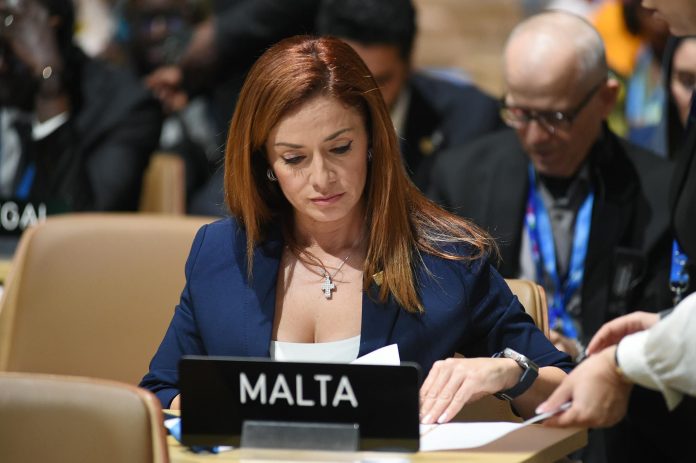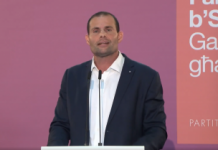“We are satisfied that after two long weeks of discussions and negotiations, and despite initial fears that no agreement would be reached, a final effort has led to a consensus among United Nations countries on global initiatives addressing climate action.” This was the reaction of Minister for the Environment and Energy Miriam Dalli, who was also part of the negotiating team for the final agreement.
This agreement signifies a tripling of funding to the most vulnerable countries, enabling them to respond to the impacts of climate change. From $100 billion annually, this fund has now increased to $300 billion by 2035.
Minister Dalli stated, “This COP particularly focused on the financing to be provided annually to the most vulnerable countries to address the impacts of climate change. Malta was among the countries insisting that, while more funding is necessary, there should also be more contributors to this fund, which should consist of both public and private sources.”
Regarding the declaration on the global goal for adaptation, which Minister Miriam Dalli negotiated on behalf of the European Union alongside Austria’s minister, an agreement was reached that is considered a common position. This paves the way for work in the coming months leading to further discussions at next year’s climate conference in Brazil. However, on the aspect of mitigation — initiatives that could genuinely reduce emissions — there was little to no progress.
“It is satisfying to have reached a strong agreement on adaptation and global goals to help countries adapt to climate change. However, it was evident that certain countries showed little appetite for initiatives that could truly address mitigation and thus reduce emissions,” stated Minister Miriam Dalli. This comes as many countries continue to rely on coal and oil, such as Heavy Fuel Oil, for energy production.
During the climate conference, Malta was represented in various forums and advanced a number of innovative initiatives. These included efforts towards more efficient water production, the development of New Water production, work on innovative financing for environmental projects, initiatives to harness cleaner energy sources from renewable technologies derived from wind and solar power in our seas, ongoing work on the development of climate vulnerability indices, and progress following the establishment of the Climate Action Authority.
Photo (MEER)
![]()








